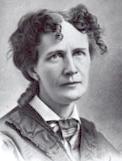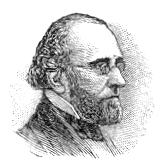Gilman, Samuel
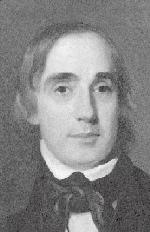 Samuel Gilman (February 16, 1791-February 9, 1858) was arguably the most important and dedicated leader of the ultimately unsuccessful effort to establish Unitarianism in the antebellum South. He served the Archdale Street Church, the only Unitarian congregation in South Carolina, for almost 40 years and became a central figure in Charleston’s social and intellectual life.…
Samuel Gilman (February 16, 1791-February 9, 1858) was arguably the most important and dedicated leader of the ultimately unsuccessful effort to establish Unitarianism in the antebellum South. He served the Archdale Street Church, the only Unitarian congregation in South Carolina, for almost 40 years and became a central figure in Charleston’s social and intellectual life.…
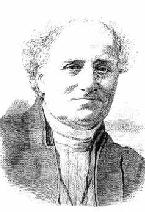
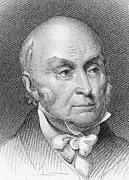
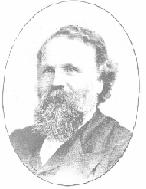 Robert Spears (September 25, 1825-February 25, 1899), a remarkably able and successful Unitarian minister, was the voice of Biblically-based British Unitarianism in his day. He organized or reinvigorated twelve congregations and founded journals and social service organizations. Because of his great energy he has been called the Unitarian dynamo of the 19th century.…
Robert Spears (September 25, 1825-February 25, 1899), a remarkably able and successful Unitarian minister, was the voice of Biblically-based British Unitarianism in his day. He organized or reinvigorated twelve congregations and founded journals and social service organizations. Because of his great energy he has been called the Unitarian dynamo of the 19th century.…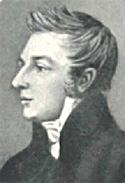 William Hamilton Drummond (August 1778-October 16, 1865), a leading 19th century Irish non-subscribing Presbyterian minister and Unitarian Christian theologian, was also an honored poet, an educationalist and an early advocate of the rights of animals.
William Hamilton Drummond (August 1778-October 16, 1865), a leading 19th century Irish non-subscribing Presbyterian minister and Unitarian Christian theologian, was also an honored poet, an educationalist and an early advocate of the rights of animals.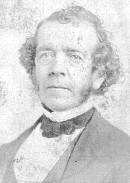
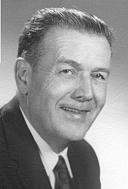
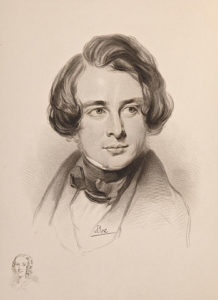
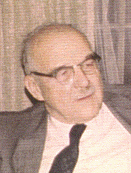 Maurice B. Visscher (August 25, 1901-May 1, 1983) was an internationally recognized physiologist and an outspoken and active citizen. His work as medical researcher and teacher, in linking the science of physiology with the practice of surgery, led to major developments in cardiovascular surgery.…
Maurice B. Visscher (August 25, 1901-May 1, 1983) was an internationally recognized physiologist and an outspoken and active citizen. His work as medical researcher and teacher, in linking the science of physiology with the practice of surgery, led to major developments in cardiovascular surgery.… Louisa May Alcott (November 29, 1832-March 6, 1888), best known as the author of Little Women, was an advocate of abolition, women’s rights, and temperance. Her stories, novels, and poems helped to support the Alcott family, and most have now been republished, widening her reputation beyond that of children’s author and bringing fresh critical notice to her work.…
Louisa May Alcott (November 29, 1832-March 6, 1888), best known as the author of Little Women, was an advocate of abolition, women’s rights, and temperance. Her stories, novels, and poems helped to support the Alcott family, and most have now been republished, widening her reputation beyond that of children’s author and bringing fresh critical notice to her work.…